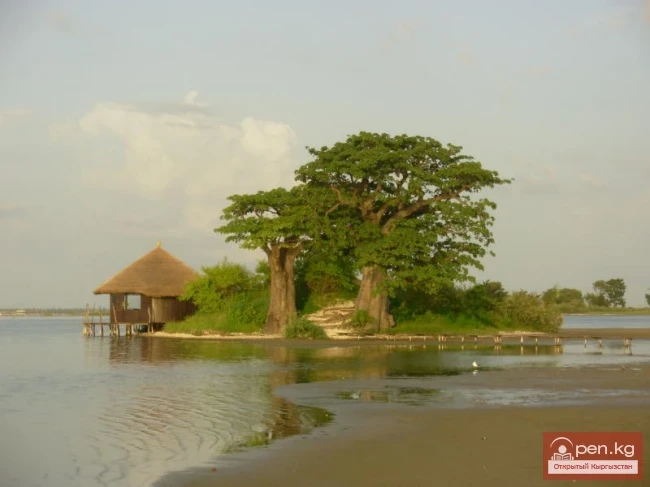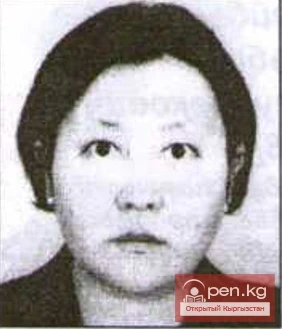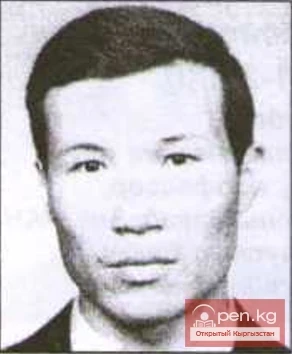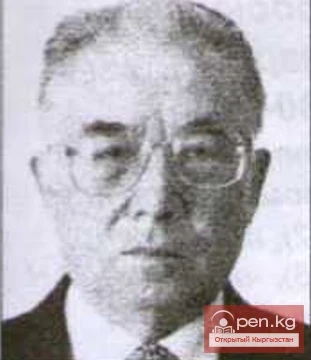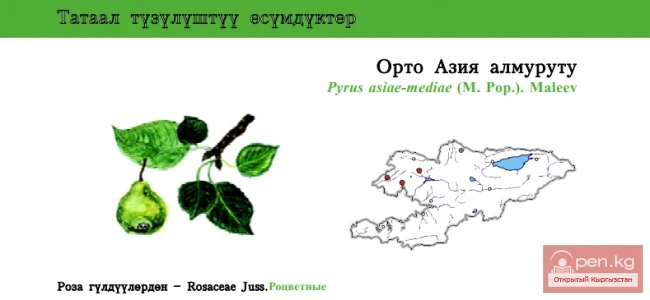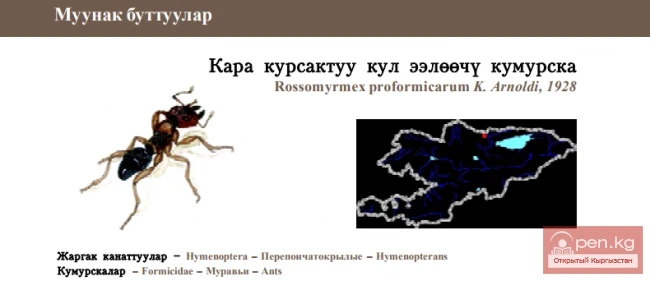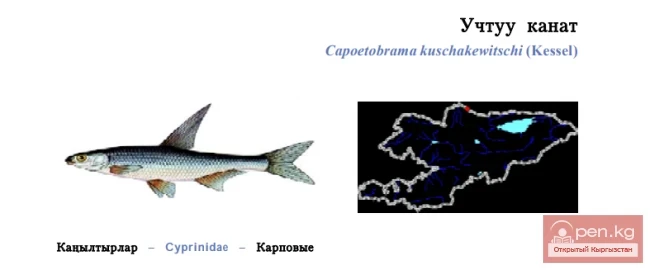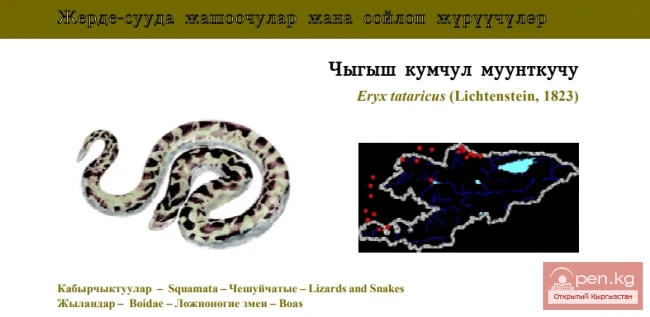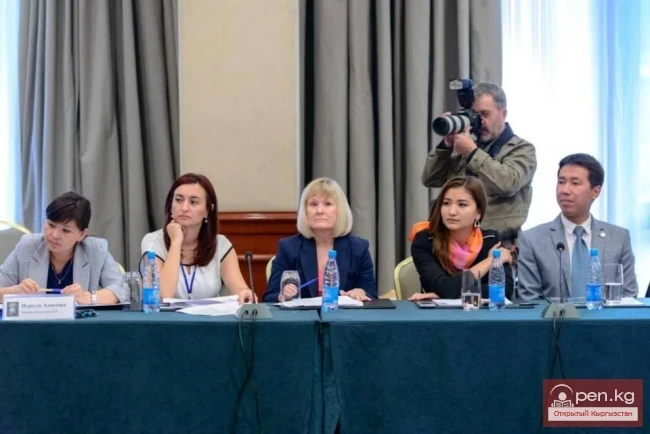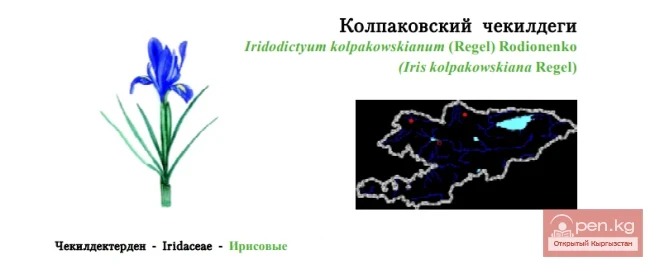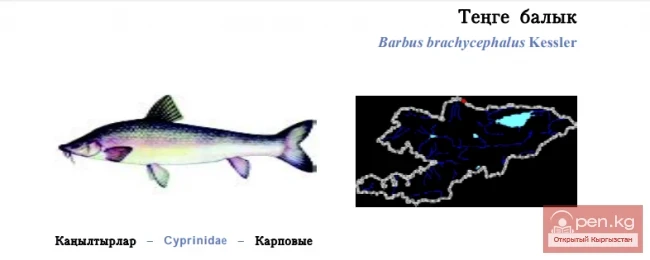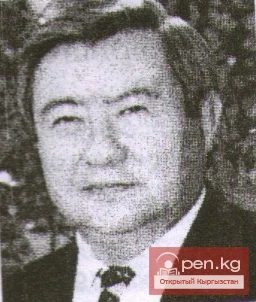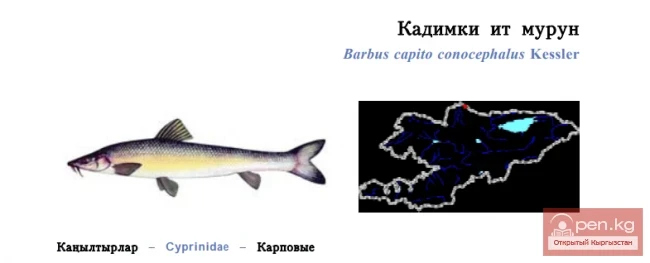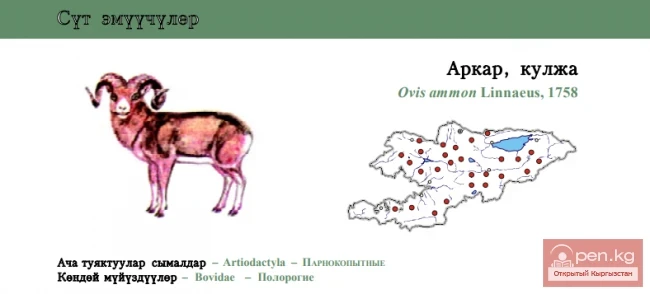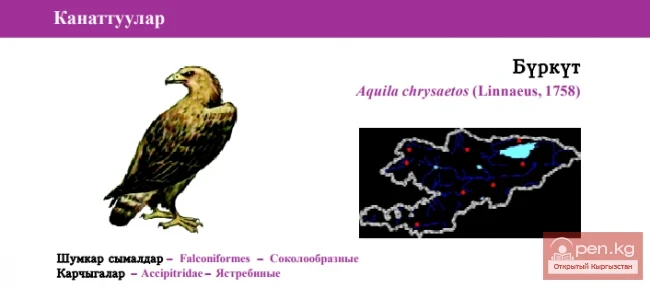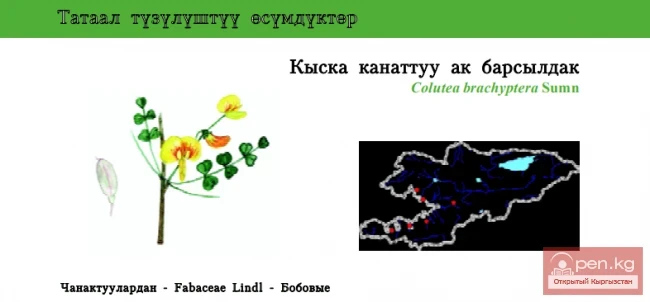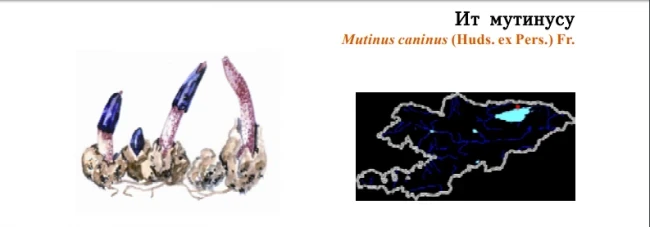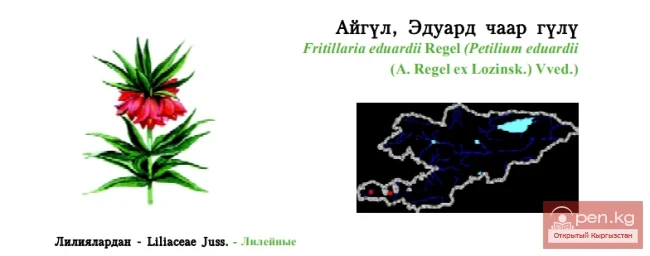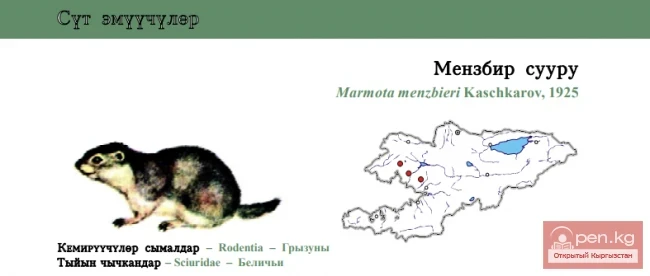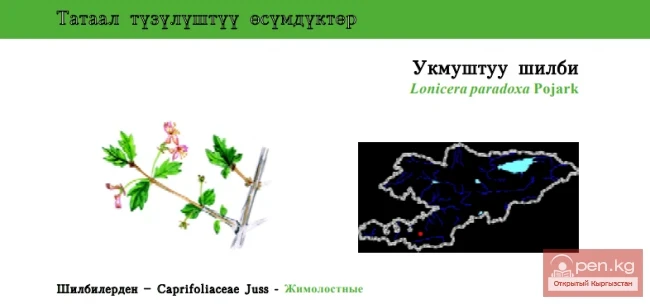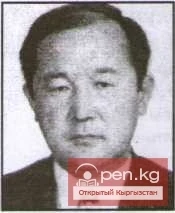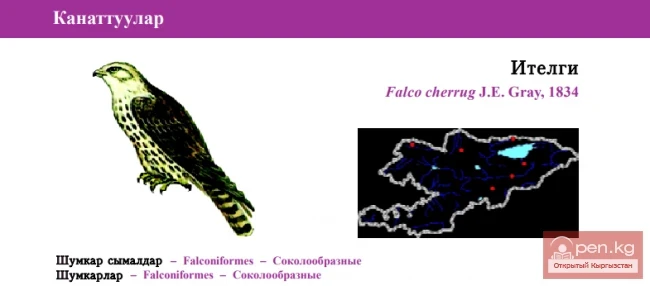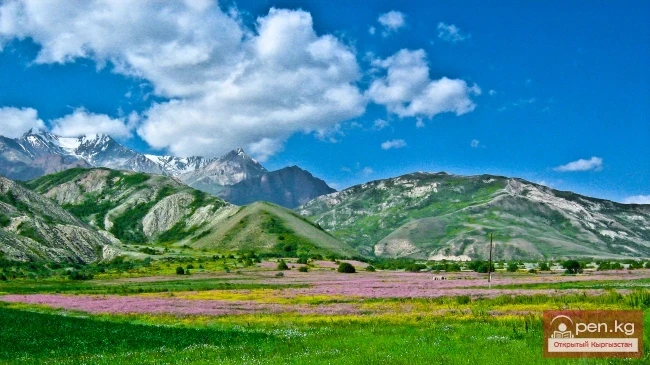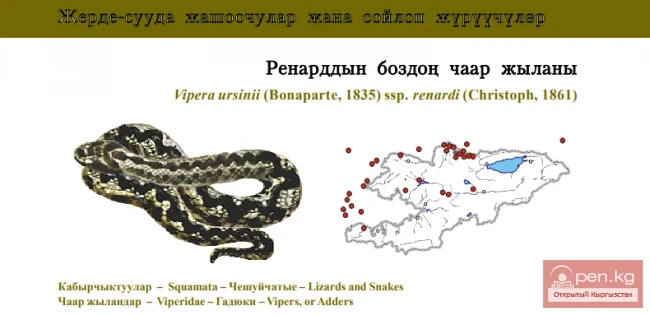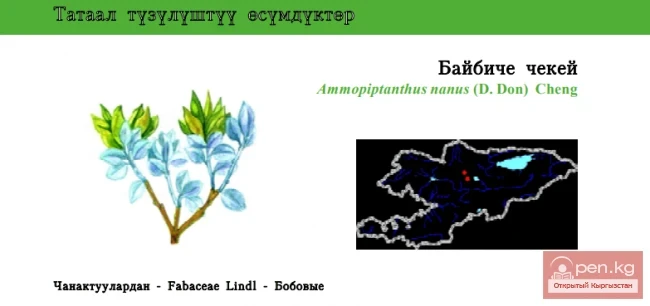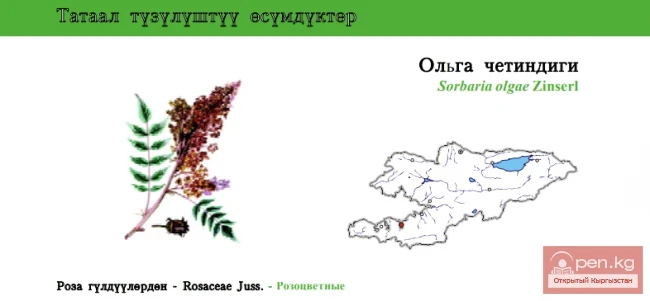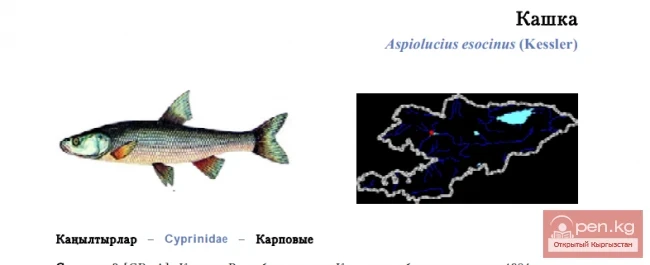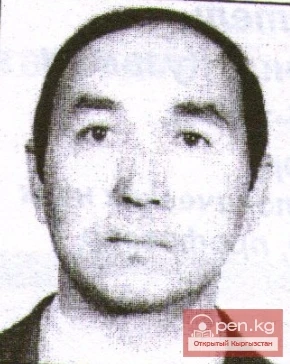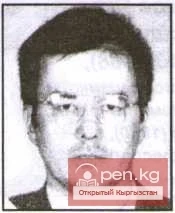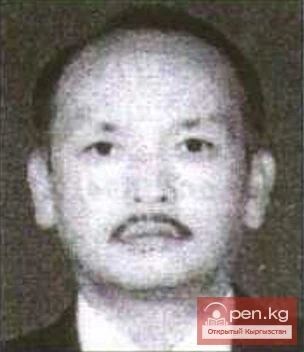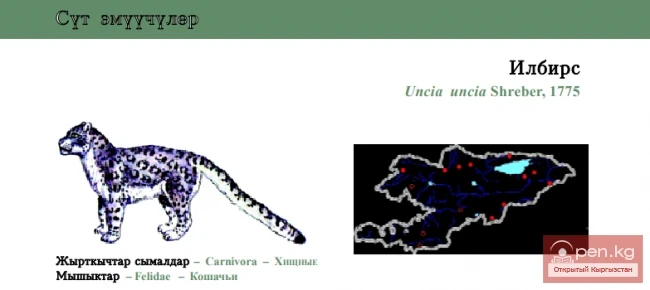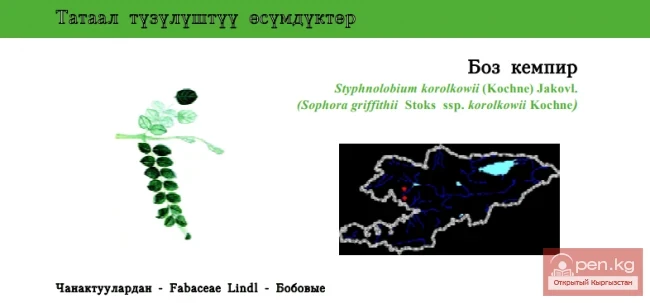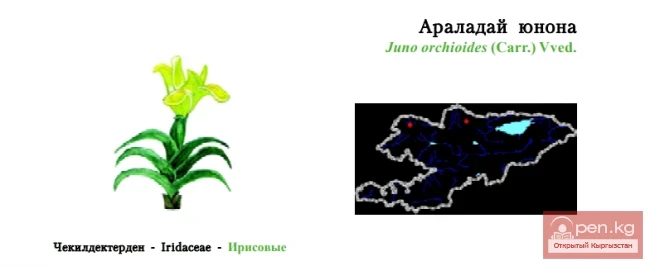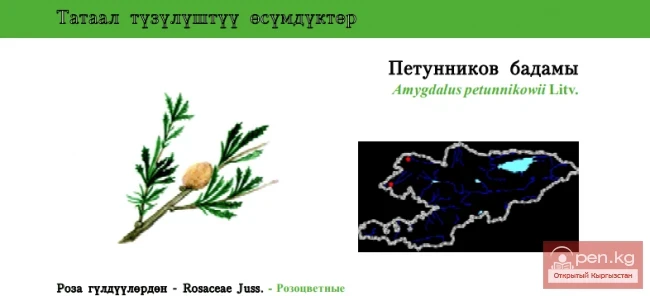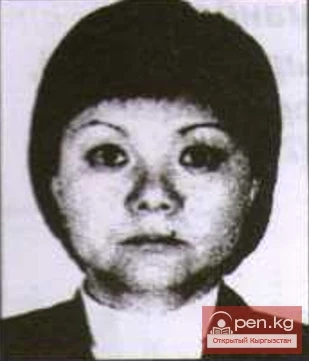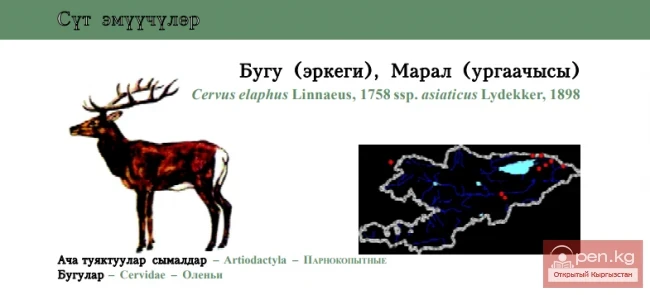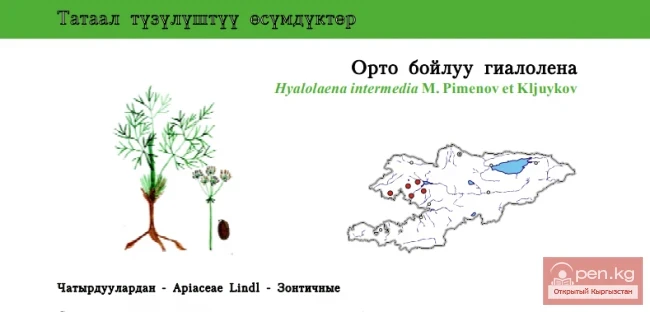SENEGAL. Republic of Senegal
A state located on the Atlantic coast of West Africa. Area - 196.7 thousand km². Capital - Dakar (approx. 2 million). Administrative-territorial division - 11 regions. Population - 10 million (2002): Wolof (Wolof and Lebou) - 48.6%, Pulaar (Fula, Laobe, Puel, Tukulor) - 25%, Serer - 14.9%, Diola - 6.3%, Mandinka (Malinke, Manding, Suse) - 4.2%, Moors - 1%. There are also Europeans and Arabs (approx. 50 thousand), mainly French and Lebanese. The official language is French. Religion: 95% of the population practices Islam, with Christians (mainly Catholics) and adherents of traditional beliefs present. The currency is the CFA franc (franc of the African Financial Community), which has a fixed exchange rate against the euro (1000 CFA francs - 1.52 euros).
It has diplomatic relations with the Russian Federation (established with the USSR on June 14, 1962).
National holiday - April 4 - Independence Day (1960).
Senegal is a presidential republic. The President (since March 2000 - A. Wade, term of office - 7 years), elected by universal direct voting, is the head of state. The term of the next president has been reduced to 5 years.
In 1991, the post of Prime Minister was restored (since April 2004 - M. Sall). Legislative power belongs to the National Assembly (unicameral parliament), term of office - 5 years. In April 2001, early general direct elections for 120 deputies were held. The pro-presidential coalition led by the Senegalese Democratic Party (PDS) won - 89 seats. The parliament also includes the Alliance of Progressive Forces (APF) - 11 seats, the Socialist Party of Senegal (PSS) - 10 seats, the Union for Democratic Renewal (UDR) - 3 seats, the African Party for Democracy and Socialism (APDS) - 2 seats.
There are about 80 political parties in the country. The PDS was founded in 1974. In the post-colonial period, it became the first opposition party to the socialist regime. Its leader A. Wade, with the support of the multi-party coalition "Front for Alternation," won the presidential elections in March 2000. The PDS is a member of the Liberal International.
The PSS is the oldest party in the country. Founded in 1958. It is a member of the Socialist International (since 1976) and one of the founders of the African Socialist and Democratic International established in 1981.
Trade union associations: The National Confederation of Workers of Senegal is the largest trade union association in the country. The Confederation of Independent Trade Unions, the Union of Workers of Senegal, the National Union of Independent Trade Unions of Senegal, and others.
Since the late 19th century, Senegal has been a French colony, from 1885 to 1958 it was part of French West Africa, and in 1958 it was proclaimed a self-governing republic within the French Community. In 1959, Senegal and French Sudan formed the Mali Federation. On April 4, 1960, France transferred its powers to Senegal under the French Community, and on August 20, it withdrew from the Federation and was proclaimed an independent republic. On March 7, 1963, the constitution came into effect. On February 1, 1981, Senegal and The Gambia signed an agreement to create the Senegambia Confederation, which ceased to exist on September 30, 1989. On January 7, 2001, a new constitution was adopted by a nationwide referendum. The adoption of the new constitution abolished the Senate and the Economic and Social Council. They were replaced by the Republic Council for Economic and Social Affairs, established in August 2004.
A French military contingent is present in Senegal.
On the international stage, Senegal actively engages in efforts by the world community aimed at establishing a stable and secure world, renewing global economic ties, and adhering to a policy of peaceful political resolution of interstate and internal conflicts, including on the African continent.
Senegal is a member of the UN, AU, ECOWAS, OIC, and the West African Economic and Monetary Union, and is an associated member of the EU.
Senegal is a relatively developed agrarian country. The share of agriculture, forestry, and fishing in GDP is about 20%; industry, construction, and energy - 25%; trade and services - 45%. Agriculture, in which more than 50% of the population is employed, does not meet the country's food needs. Significant damage to crops in 2004 was caused by a massive locust invasion. The production of peanuts (the main export crop) was 440 thousand tons, cotton was harvested at 55 thousand tons, and rice at about 300 thousand tons. A promising sector of the economy is marine fishing.
The country has more than 300 industrial enterprises. The main sectors are food, chemical, mining, and building materials. The food industry is primarily based on the production of peanut oil and fish processing enterprises; the mining sector focuses on phosphates (approximately 2 million tons annually); the chemical sector produces 300 thousand tons of phosphoric acid and 220 thousand tons of granulated fertilizers per year. There is an enterprise for the assembly of TATA buses, and the textile industry is developing. Oil, iron ore, gold, copper, lead, and tin deposits have been discovered. Geological exploration for uranium is underway.
In 2004, Senegal was visited by about 700 thousand foreign tourists. This sector, which employs about 15% of the active population, ranks second in foreign currency income.
Total budget revenues for 2004 reached 581.6 billion CFA francs (about 886 million euros). The main part of international aid goes to the implementation of targeted programs for the development of healthcare, education, infrastructure, poverty alleviation, environmental protection, and others. The Senegalese government pursues a policy of attracting foreign investments to the country.
The annual GDP growth rate in 2004 was 6.1%, reaching 4041.3 billion CFA francs (6.16 billion euros).
The main trading partner is France.
The country's external debt is approximately 2.85 billion euros (2004).
The railway network is about 1200 km, and the road network exceeds 15 thousand km. There is an international airport in Dakar. Sea ports: Dakar, Saint-Louis, Kaolack, Ziguinchor.
The largest newspapers: "Soleil," "Sud Quotidien," "Walfadjri," "Le Quotidien," "Matin," "Populaire," "Témoin."
The government information agency is the Senegal Press Agency. In 1973, a government broadcasting and television service (ORTS) was established.
